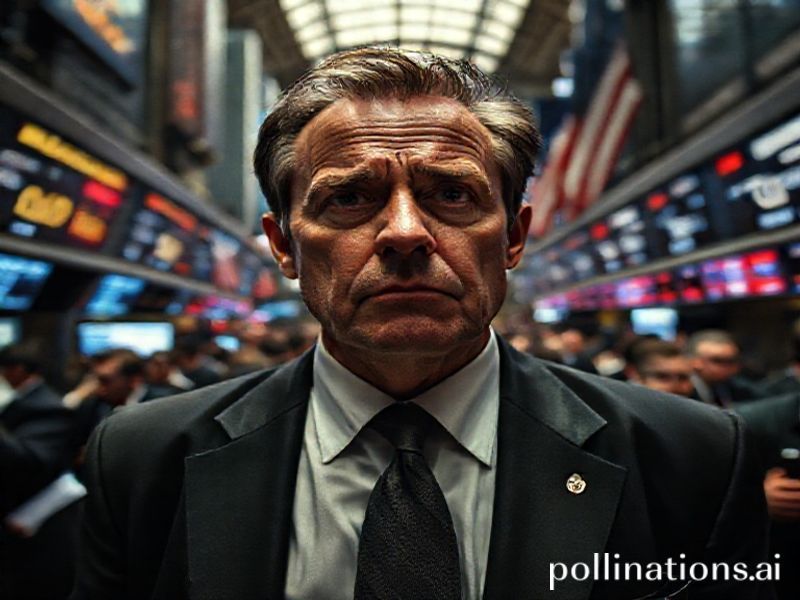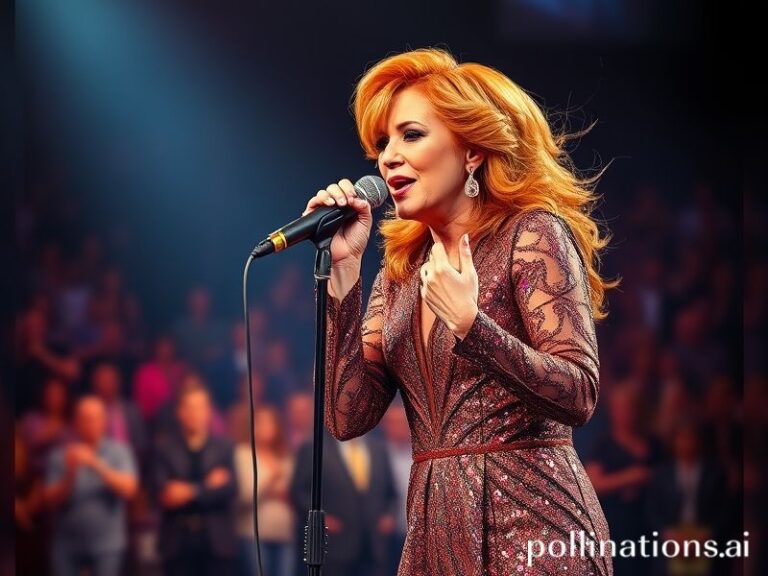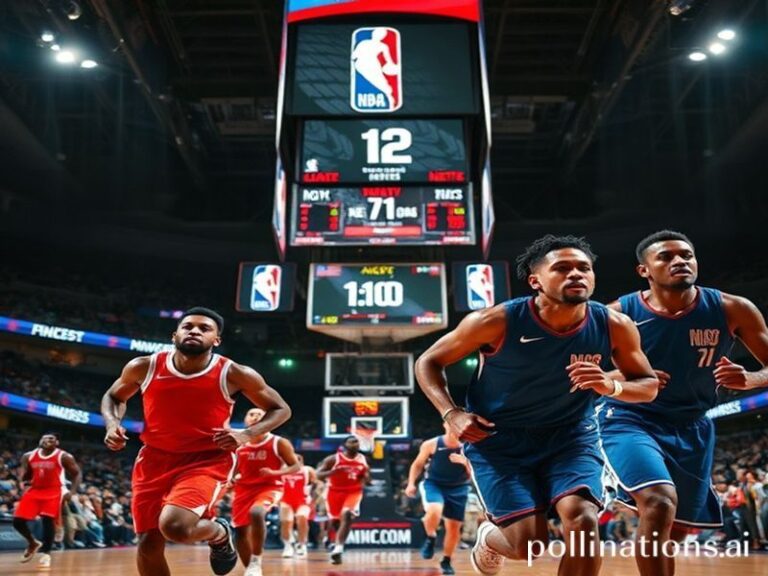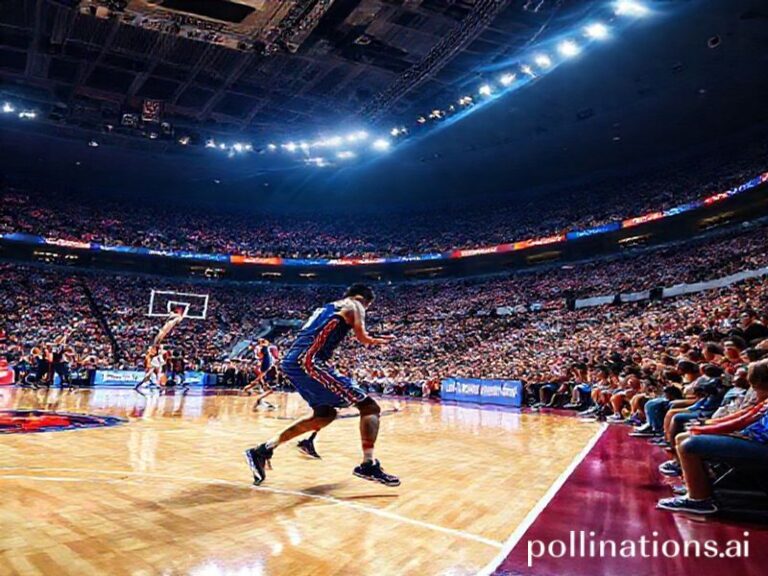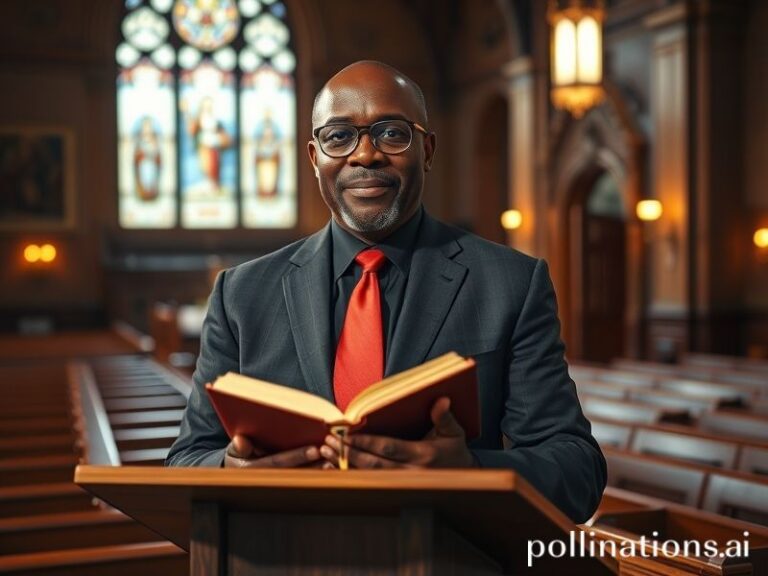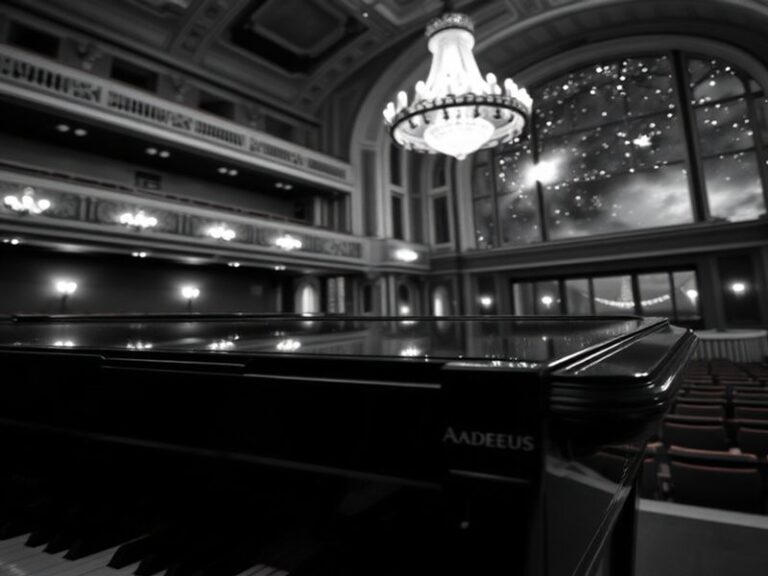The Big Short: Why the Housing Market’s Past is Haunting Our Present (and Future)
**The Big Short: Why the Housing Market’s Past is Haunting Our Present (and Future)**
Alright, folks, grab your popcorn and put on your financial detective hats because we’re diving into the abyss of the housing market, where the echoes of “The Big Short” are louder than ever. Yes, we’re talking about the 2008 financial crisis, the one that made “subprime mortgage” a household term and turned Michael Lewis’ book (and later, Adam McKay’s film) into a darkly comedic cautionary tale. But why is it trending globally now, over a decade later? Let’s break it down.
**A Nostalgic Nightmare**
First off, let’s address the elephant in the room: nostalgia. Or, in this case, a nostalgic nightmare. The Big Short is trending because, much like a bad horror movie, the 2008 financial crisis is something we just can’t seem to forget. It’s the financial equivalent of scratching an itch—we know we shouldn’t, but we can’t help ourselves. The story of how a handful of eccentric investors saw the housing bubble for what it was and bet against the market is as compelling as it is terrifying.
But why now? Well, the global economy is a bit of a hot mess right now, with inflation, supply chain issues, and geopolitical tensions making headlines daily. It’s like we’re all waiting for the other financial shoe to drop, and The Big Short serves as a grim reminder of what happened the last time things got this messy.
**Cultural Context: From Wall Street to Main Street**
The Big Short isn’t just about finance; it’s about culture. It’s about the American Dream turning into a nightmare, about the little guy getting screwed over by the bigwigs on Wall Street. It’s about the absurdity of a system where people were rewarded for creating and betting against toxic assets that brought the global economy to its knees.
The film’s dark humor and celebrity cameos (hello, Margot Robbie in a bubble bath explaining credit default swaps) made complex financial concepts accessible to the masses. It turned finance into pop culture, and in doing so, it democratized the conversation about the economy.
**Social Impact: The Ripple Effect**
The Big Short’s impact goes beyond entertainment. It sparked a national conversation about income inequality, corporate greed, and the need for financial regulation. It made people question the system and demand accountability from those in power. In a way, it was a catalyst for the Occupy Wall Street movement and the growing distrust of financial institutions.
But perhaps its most significant impact was on the finance industry itself. The Big Short exposed the flaws in the system, leading to reforms like the Dodd-Frank Act, which aimed to prevent another financial crisis. It also inspired a new generation of investors and analysts to approach the market with a healthy dose of skepticism and critical thinking.
**Why It’s Significant Now**
So, why is The Big Short trending now? Because history has a way of repeating itself, and the echoes of 2008 are getting louder. With inflation at record highs, the Federal Reserve raising interest rates, and the housing market showing signs of instability, people are looking for answers. They’re turning to The Big Short because it’s a familiar story, a roadmap of sorts, for understanding the current economic climate.
Moreover, the rise of social media and the democratization of information have made it easier for people to engage with complex topics like finance. The Big Short, with its accessible storytelling and dark humor, is the perfect gateway drug to understanding the intricacies of the global economy.
**Conclusion: The Big Short’s Legacy**
The Big Short is more than just a film or a book; it’s a cultural touchstone that continues to resonate with people worldwide. It’s a reminder of the power of storytelling to demystify complex topics and spark meaningful conversations. It’s a cautionary tale about the dangers of greed and the importance of accountability.
As we navigate the uncertain waters of the global economy, The Big Short serves as a beacon, guiding us through the darkness with its blend of humor, insight, and unflinching honesty. So, let’s keep the conversation going, folks. Let’s question, let’s challenge, and let’s demand better. Because, as The Big Short teaches us, the only way to prevent history from repeating itself is to learn from the past.

